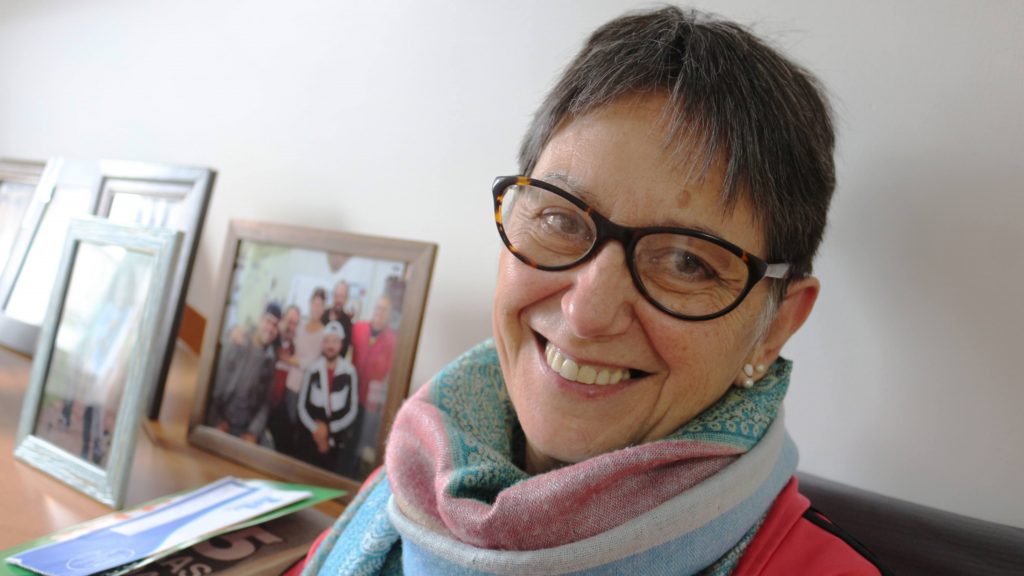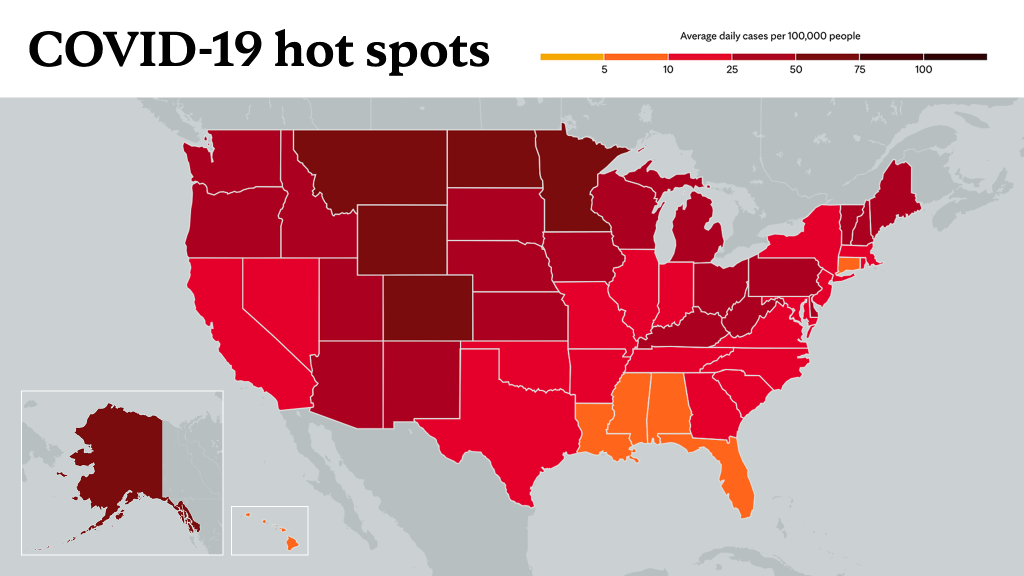
DEAR MAYO CLINIC: I'm 60, and I have received my first dose of the Pfizer COVID-19 vaccine. I typically spend a month each winter at my daughter's home. Although I am scheduled for my second dose soon, I was wondering about obtaining a booster vaccination. When will I be eligible, and is it necessary at my age to boost my immunity against COVID-19?
ANSWER: Getting vaccinated for COVID-19 is a great step to help combat the ongoing COVID-19 pandemic. It is good that you are scheduled to receive the second dose of your vaccine before travel. Remember, though, it typically takes about two weeks for the body to build up immunity to the virus that causes COVID-19. You should still wear a mask indoors in public while traveling, especially if you are in a crowded space like an airport or a place that may have high rates of transmission.
Full effectiveness of the currently available COVID-19 vaccines appears to wane slightly over time, but it is not necessary for you to receive a booster vaccination at this time unless you meet certain criteria.
You are eligible for a COVID-19 booster vaccination six months after receiving your initial two-dose series of either the Moderna or Pfizer COVID-19 vaccine, or two months after receiving a single dose of the Johnson & Johnson COVID-19 vaccine if you are:
- 65 or over.
- 18 or over living in a long-term care setting, such as a nursing home or group home.
- 18 or over with an underlying medical condition, including current or prior history of tobacco use; pregnancy; being overweight or obese; cancer and other immunocompromising conditions, such as history of stem cell transplant or solid organ transplants, patients with HIV and those on an immunosuppressant medication; certain blood conditions, including sickle cell disease and thalassemia; dementia; diabetes Types 1 and 2; history of stroke and cardiovascular disease; chronic kidney, liver, heart and lung disease, including chronic obstructive pulmonary disease and tuberculosis; substance use disorders, including opiates, alcohol or cocaine; history of certain mental health conditions, such as depression or schizophrenia; and Down syndrome.
- 18 or over living or working in a high-risk setting, including health care facilities, fire or police departments, child care, schools, correctional facilities, homeless shelters, food and agriculture, manufacturing, public transit, and U.S. Postal Service.
Full effectiveness of the currently available COVID-19 vaccines appears to wane slightly over time, especially in the high-risk people outlined above and in all people as they age, which is why booster doses are recommended for them. The booster vaccinations have been found to be safe and effective in helping prime the immune system for continued optimal protection against COVID-19, especially in its most severe forms.
At this time, booster vaccinations are not recommended for anyone who does not meet the criteria outlined above. However, these recommendations are continually being reviewed, and they are subject to change if updated evidence suggests a benefit to a more broad range of people. This includes younger people and healthier people younger than 65 who do not have high-risk medical, occupational, or living conditions.
Even if you are traveling away from home, if the guidelines change, you could be eligible for a booster vaccination.
More importantly, you should speak to your daughter about the vaccination status of her family members.
Current research indicates that all available COVID-19 vaccines continue to be highly effective in reducing the risk of severe disease, hospitalization and death from COVID-19, and they also continue to provide good coverage against the delta variant.
It is recommended that all people 12 and above who are unvaccinated get vaccinated with their primary series as soon as possible, as the benefit of getting vaccinated for COVID-19 far outweighs the potential risks.
The recent approval of the COVID-19 vaccination for children 5-11 is another significant step in the right direction to protect children and the communities where they live. Research is still underway for children younger than 5.
Prevention through vaccination still remains the greatest way to protect not only yourself, but also your loved ones and others around you from developing and spreading COVID-19, and guarding against new COVID-19 variants from developing in the future that could evade currently available vaccines and worsen the pandemic. — Dr. Erin Morcomb, Family Health Clinic, Mayo Clinic Health System in La Crosse, Wisconsin
_______________________________________
Information in this post was accurate at the time of its posting. Due to the fluid nature of the COVID-19 pandemic, scientific understanding, along with guidelines and recommendations, may have changed since the original publication date.
For more information and all your COVID-19 coverage, go to the Mayo Clinic News Network and mayoclinic.org.
Learn more about tracking COVID-19 and COVID-19 trends.








